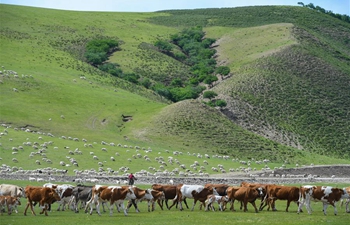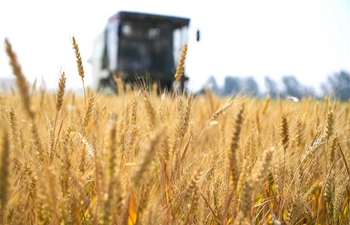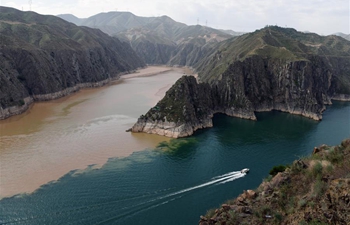SYDNEY, June 4 (Xinhua) -- The effective management of soil carbon could be an important step in tackling global greenhouse gas emissions and climate change, according to an Australian study released on Tuesday.
Scientists from Curtin University in Western Australian showed that the rate at which carbon is stored and released from soil differs vastly depending on a range of factors, across different regions and continents.
"To slow the accumulation of greenhouse gases and help mitigate global warming, a better understanding of the factors controlling soil organic carbon storage, its composition and its vulnerability to loss is needed," lead researcher Professor Raphael Viscarra Rossel said.
According to the research, one issue is that at the continental level soil properties are determined mainly by climate and elevation, but to make assessments only on these factors disregards region-specific controls that affect carbon release and retention.
"Regionally, the effect of climate on soil carbon storage is dependent on interactions with soil properties, mineralogy and topography. In some regions, climate does not play a role," Viscarra Rossel said.
"This shows the need for localized assessments of soil carbon dynamics and a more effective approach to carbon management at local scales."
Viscarra Rossel and her team believe that by managing soil more effectively, globally we can meet the triple challenge of "climate change, landscape restoration and food security."













